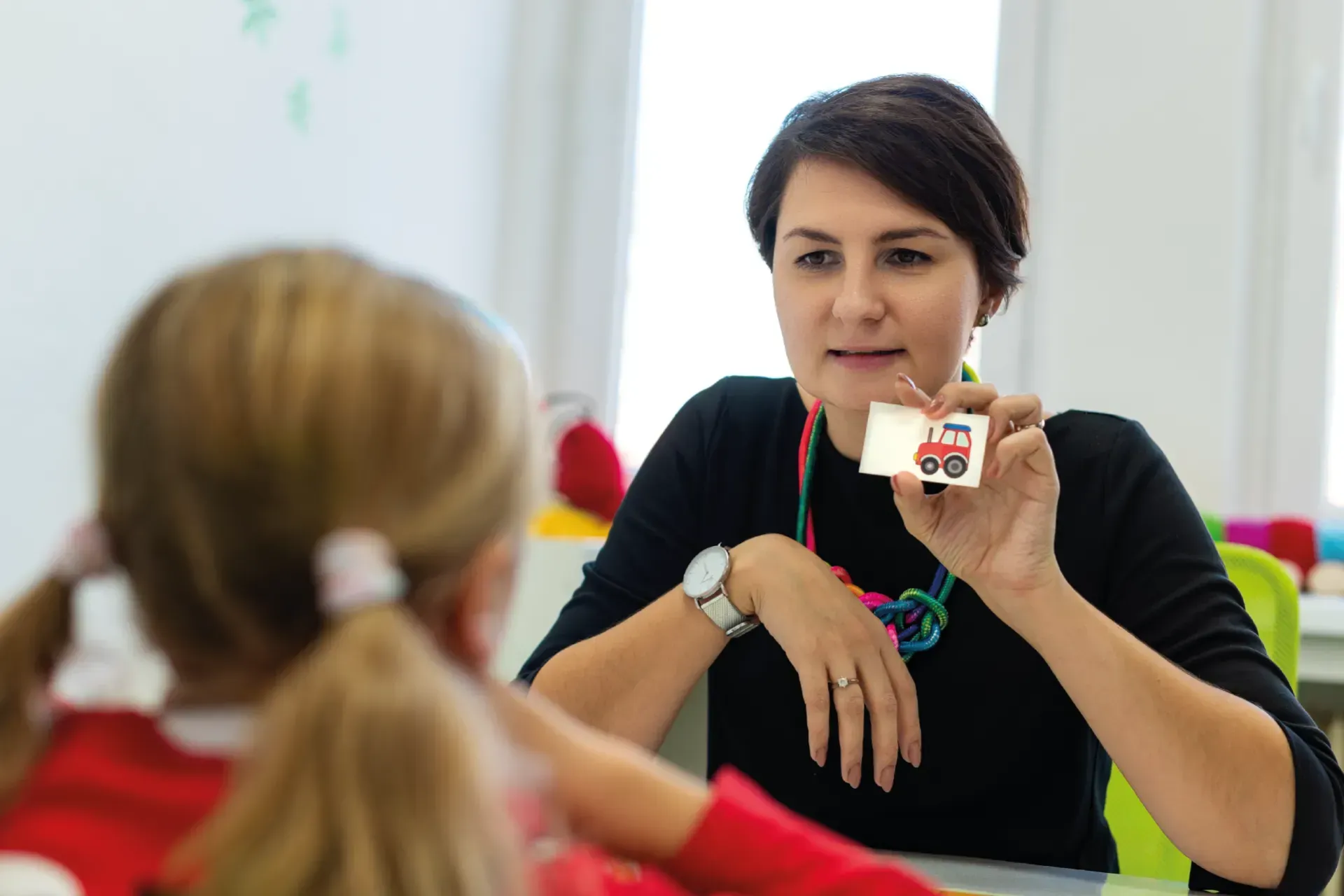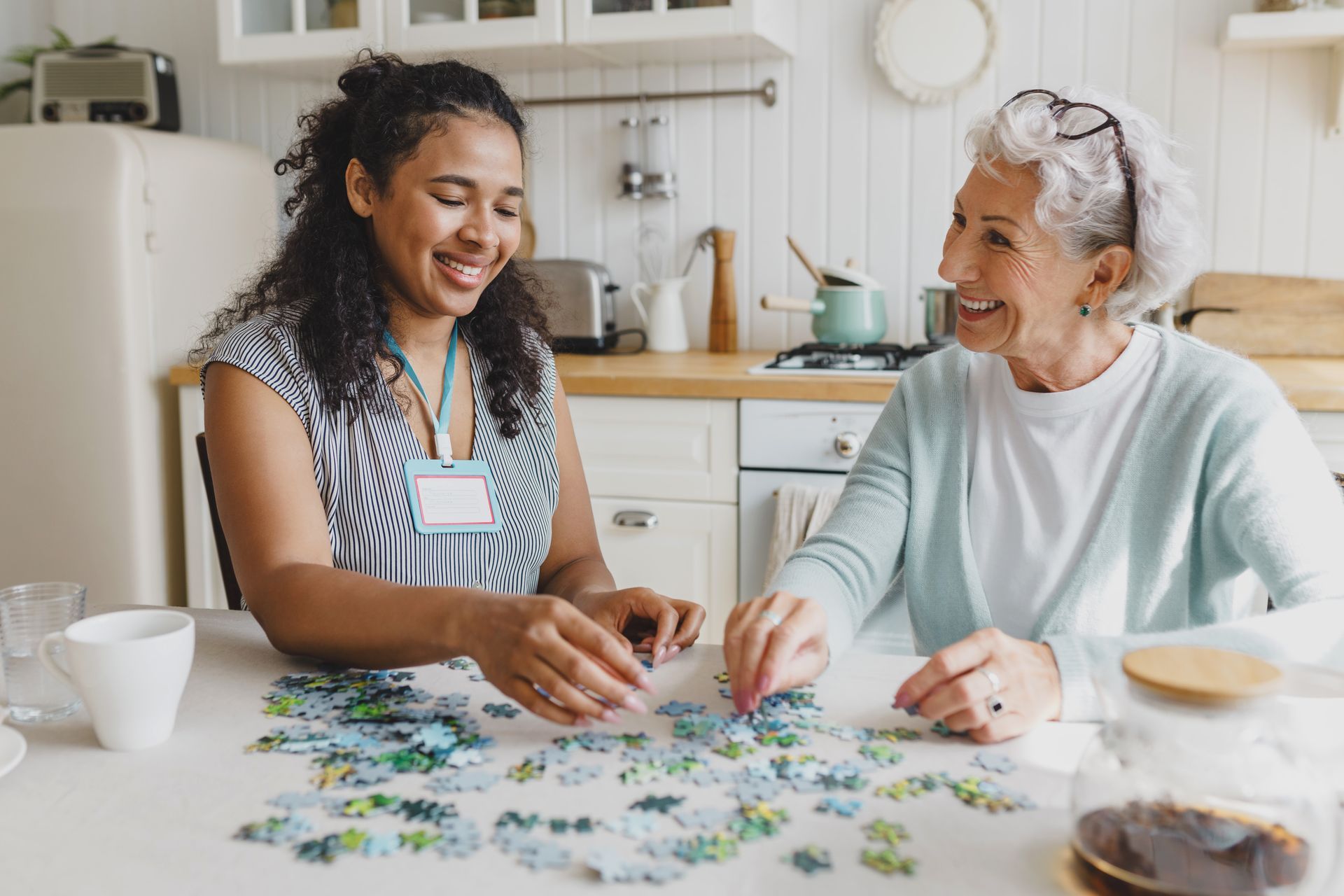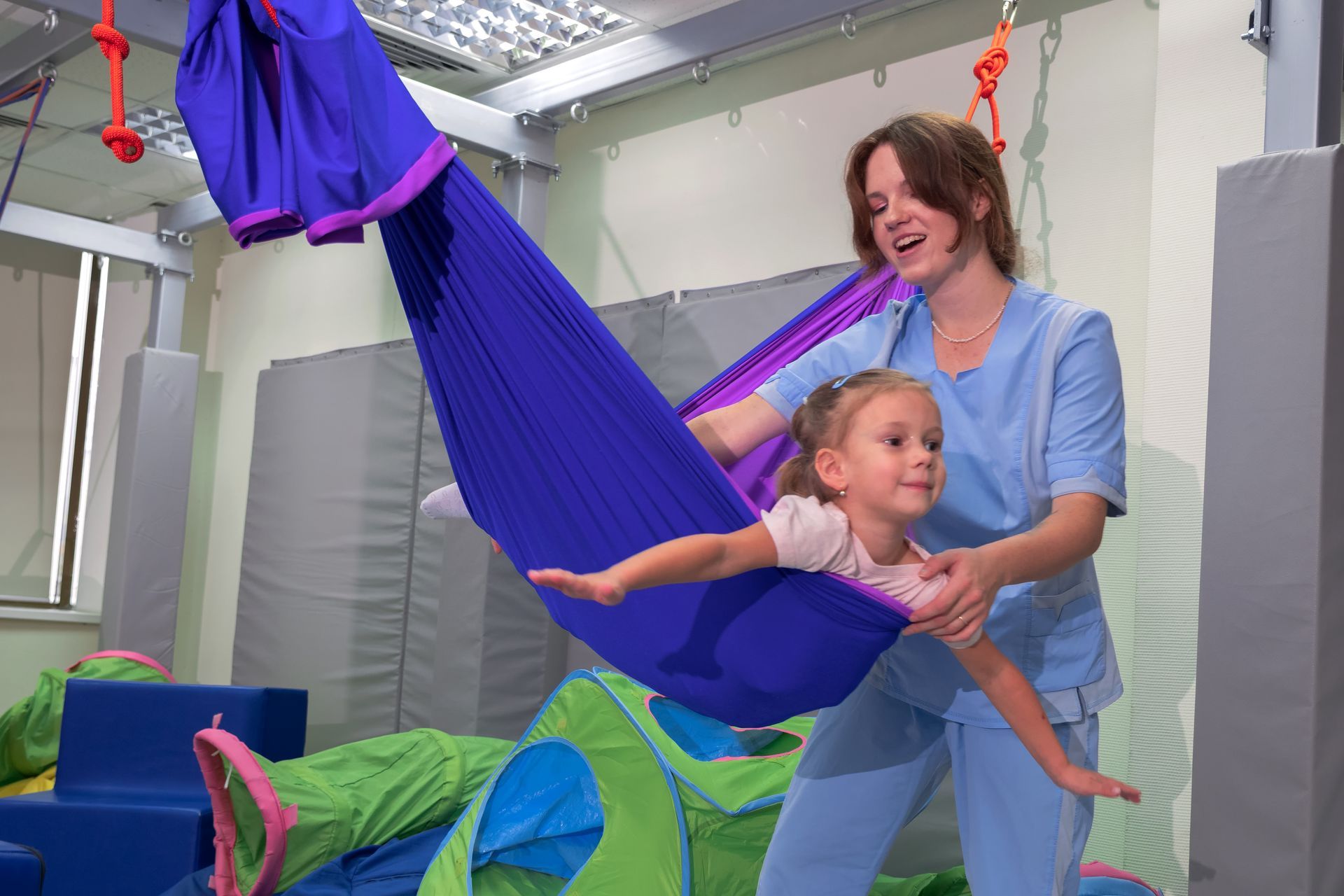We aim to create more security and job satisfaction for Allied Health Professionals in the NDIS led market.

We aim to create more security and job satisfaction for Allied Health Professionals in the NDIS led market.
It's been five years since the rollout of the National Disability Insurance Scheme (NDIS) in Australia. The landmark policy has shaken up the market for both recipients and providers of Allied Health Services across the country.
As a study by Flinders University in 2019 concluded: "With the rollout of the NDIS, service providers have had to reorient from a provider centred approach to partnering, negotiating and being accountable to participants regarding the services provided."
This rollout has seen changes in working conditions for Clinicians, with some service providers moving to engaging professionals on a contract basis rather than full-time employment.
Although the new model has some benefits, such as greater choice for Participants, job security for Practitioners doesn't seem to be one of them.
This is where helpz comes in.
Danny Burgess and Philip O'Sullivan founded helpz to challenge the NDIS led model and provide secure employment options for Allied Health professionals that provide both the financial and flexibility of freelancing.
"We believe we can achieve the best outcomes by creating a model that supports our Clinicians and empowers them with more time to do what they love, with the flexibility of freelance-like conditions," says Danny Burgess, MD & Founder, helpz.
"We have the systems in place to support our team from any location. We think of them more as partners, and we provide them with autonomy and flexibility to work the way they want to with the security of a salaried position," c ontinues Danny.
The helpz model supports Clinicians through a centralised team and innovative operating systems that focus on minimising admin and paperwork tasks to allow Clinicians to spend more time doing what that love and enjoy.
"By looking after our Clinicians first, we know we will get the best outcomes for our Participants", Danny continues. "And our low overheads give us the ability to pay our team higher than usual salaried positions."
Over the last two years, the pandemic has given many industries an appetite to deliver their services differently. We believe it is now time for Allied Health to think differently and move away from traditional operating models to achieve better outcomes and improve the overall experience for both Participants and Clinicians.
Are you interested in working with us or would you like to know more? Please get in touch .







